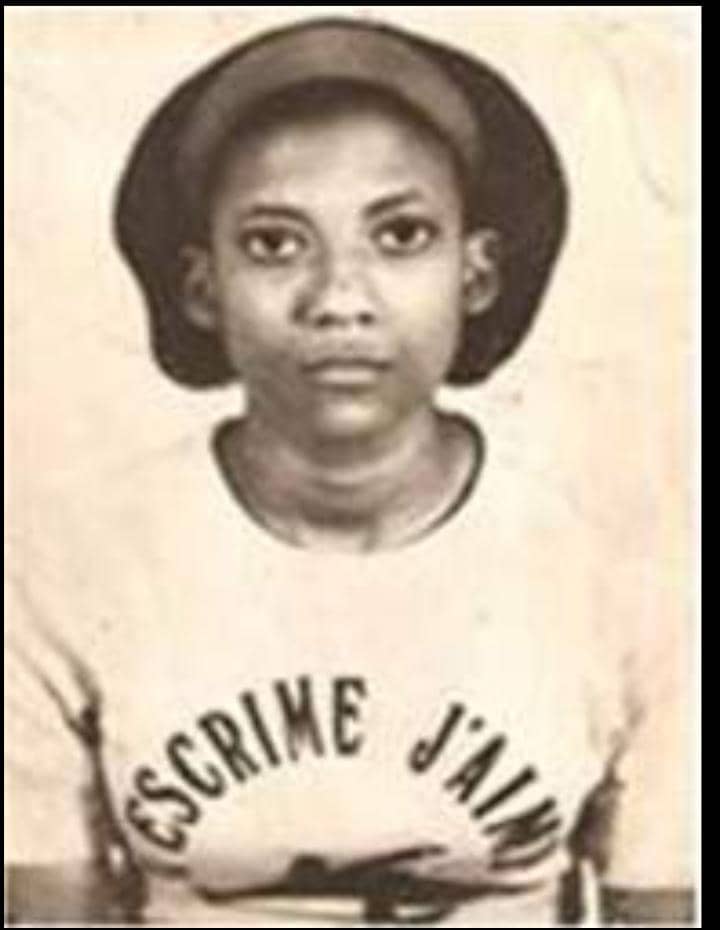
Esmeralda, Camagüey, Oct. 6 - Camagüey, a land of legends and brave women, was the birthplace of Milagros Peláez Cuesta, who was born on October 14, 1957, in the humble town of Esmeralda. From a young age, life presented her with challenges: the loss of her mother in childhood led her to be raised by her father, a hardworking man who instilled in her the value of effort and dignity.
Milagros was not an ordinary young woman. He had a firm gaze, a serene smile and a will of steel. Her athletic talent led her to the “Cerro Pelado” Sports Initiation School, where she began to excel in fencing, a sport that demands precision, strategy, and composure. Between training and competitions, she forged her character and strengthened her commitment to the Revolution. Later, she entered the Higher School of Athletic Improvement, where she established herself as a high-performance athlete.
At 18, Milagros was already a champion. At the Central American and Caribbean Tournament held in Caracas in 1976, she won the gold medal, proving that Cuba exported not only doctors and teachers, but also elite athletes. She returned home proud to represent her country, her heart full of dreams, and a promising future ahead.
But fate, cruel and unjust, had other plans.
On October 6, 1976, Milagros boarded Cubana de Aviación flight CU-455 with other young athletes, coaches, and workers. The plane was the victim of a terrorist attack perpetrated by mercenaries working for the CIA. A bomb exploded mid-flight, and the Caribbean Sea became the grave of 73 innocent people, including Milagros Peláez Cuesta.
The news shook Cuba like an earthquake. The people cried, but they also rose up stronger. Milagros stopped being just an athlete to become a symbol, a flag, a martyr. Her name began to resonate in schools, tournaments, murals, and songs. Her young and serene face became eternal.
A member of the Union of Young Communists, Milagros was recognized for her solidarity, responsibility, and the affection of her colleagues. Her death was not only a loss for sports, but for all Cuban youth. She represented the best of a generation that believed in the future, trained with passion, studied with dedication, and lived with hope.
Today, almost five decades after that crime, Milagros remains alive in the memory of her people. She is present in every foil wielded in a competition, in every young person trained in sports schools, in every mother who names her daughter in her honor. Because Milagros did not die: she was planted in the heart of Cuba.
As Fidel said in an unforgettable speech: "When an energetic and virile people cry, injustice trembles." And Cuba cried, yes, but it also swore not to forget. It swore to move forward, with its dignity intact and its memory alive.
Milagros Peláez Cuesta was not just a fencer. She was a young Cuban woman who loved her country, fought for her dreams, and became a martyr for peace. Her story deserves to be told, remembered, and defended. Because as long as there are young people who dream, Milagros will live on. (Lisdanis Rodríguez Expósito/Radio Esmeralda) (Photo: Archive)